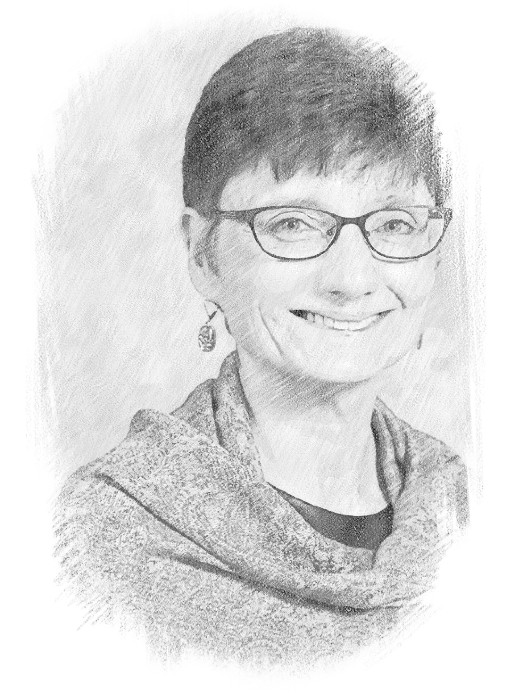Meet Lucy Gettman from Women in Government
By Nicole Cline
Women in Government is a national non-profit, non-partisan organization of women state legislators that provides leadership opportunities, expert forums, and educational resources to address and resolve complex public policy issues to all 1,808 women state legislators.
 What do you do at Women In Government (WIG) and what do your day-to-day activities look like?
What do you do at Women In Government (WIG) and what do your day-to-day activities look like?
I have my dream job. As Executive Director, I get to lead an organization that supports women’s political leadership and good public policy at the same time. On any given day I may be talking to legislators and other political leaders about critical issues, travelling to states to conduct policy discussions, conferences and other events, collaborating with other organizations and stakeholders that support women’s political leadership, and working with WIG’s extraordinary staff to accomplish all of the above.
What is the biggest challenge you face in your role?
There is so much interest in women’s political leadership and women running for office right now that it’s almost hard to keep up. From the School House to the White House, women are entering the pipeline as candidates, advocates and informed/engaged citizens. I hope this trend continues, so that all voices are heard and women reach parity in elective office.
How has your background informed your current role?
My current role is the perfect convergence of two lifelong passions – sound public policy and women’s political leadership. I began my career as staff for the Ohio House of Representatives, an experience that transformed my professional trajectory. Once I became aware of the important decisions being every day in the Statehouse, I knew I had to get involved in policy, advocacy and sharing this knowledge with others. I spent the next couple of decades as an advocate and lobbyist for public education and other issues – eventually making my way to Washington, DC to work for the National School Boards Association and now Women In Government.
I was equally passionate about women’s political leadership, so while working fulltime I volunteered for the YWCA, League of Women Voters and the Women’s Political Caucus, and worked on non-partisan campaigns for women candidates. I later studied women’s political leadership at American University in Washington, DC, where I am now an Adjunct Professor for their Women and Politics Institute, helping to prepare the next generation of women political leaders.
What does public policy leadership mean to you?
Being evidence-based, balanced, inclusive, empowering, and acting with integrity.
With the elected officials you serve in mind, can you think of an example where civic engagement led to a change in public policy?
WIG does not advocate for or against specific policies. However, all of our programs, conferences, and other activities include citizen-advocates and other stakeholders. It is all part of providing balanced, evidence-based information to decision-makers so they have the information they need to create policy. For example, WIG has produced several legislative toolkits, including our Economic Stability and Opportunity (ESO) toolkit and the Mental Health and Substance Use Disorder toolkit. Each one provides the most recent data on the issues, numerous examples of state policy and practice to address them, and social media and other tools for citizens to make a difference.
What was your first job?
My first job was in High School working in the kitchen of a retirement home for former teachers over the summer. The work was hard, but the residents (mostly women) were delightful. My most unique summer job was selling newspaper subscriptions door-to-door. That was when people still read newspapers…
What or who were your major influences as a young person?
As with many others, a major influence in my life was a teacher. During my junior year of High School I had an English teacher who introduced all kinds of new ideas and perspectives. It was during the second wave women’s movement when issues of economic and legal equality were being discussed and it prepared me to support women as leaders.
What does your morning routine look like?
During the week: Treadmill, coffee, metro, work. On the weekend: coffee, yoga, taking in all that Washington, DC has to offer.
Are you reading a book right now? If so, what is it and why did you choose it?
Do the unread books on my nightstand count?
What’s a food you can’t live without?
Bircher Muesli from Pret a Manger.
What’s the best way for people to get in touch with you?
lgettman@womeningovernment.org and connect with me on LinkedIn!